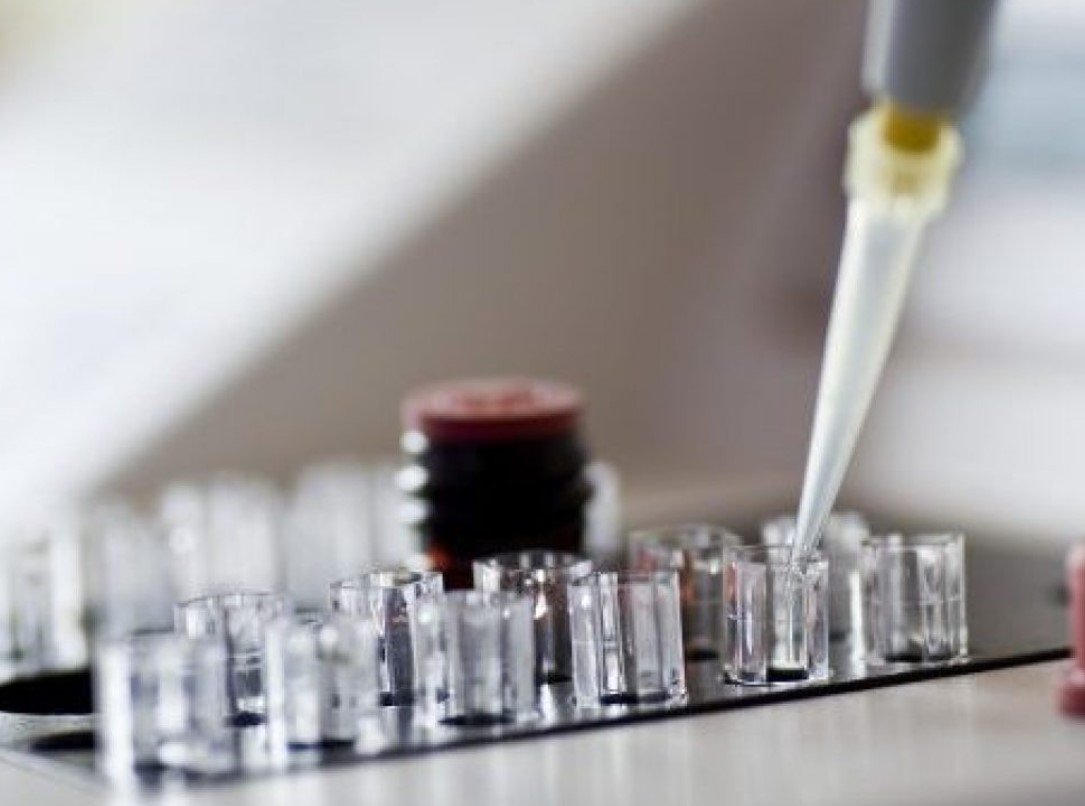A fertility clinic in London has been ordered to stop any new treatments after three incidents of embryo loss or damage. The Homerton Fertility Centre is under investigation by the regulator and external experts. The clinic has apologised to the affected patients and said it has taken steps to prevent such errors from happening again.
What happened at the clinic?
The Homerton Fertility Centre is part of the Homerton Healthcare NHS Foundation Trust, which provides assisted conception services to patients in east London and beyond. The clinic said it had reported three separate incidents to the regulator, the Human Fertilisation and Embryology Authority (HFEA), late in 2023. These incidents involved errors in some freezing processes, which led to the “tragic loss of a small number of embryos” either not surviving or being “undetectable”. This means an embryo that has been stored in frozen liquid solution in a container cannot be found during later thawing.

One of the patients affected by the errors was Rachel, not her real name, who had one of her stored embryos missing on the day she was due to have it transferred to her womb last month. She told the BBC that she was “distraught” and “emotionally mentally drained” by the experience. She said she had been trying to conceive for four years and had undergone several rounds of IVF. She said she felt “let down” by the clinic and wanted answers and compensation.
How did the regulator react?
The HFEA said it had “significant concerns” about the clinic and decided to suspend its licence to operate while an investigation is ongoing. The regulator said it was rare for this type of action to be taken and that the clinic had referred itself for investigation. The HFEA said it had also ordered an independent review of the clinic’s processes and procedures by external experts.
The regulator said it appreciated that this may cause concern to patients who are undergoing treatment at the clinic, or have eggs, sperm and/or embryos stored there. It said it did not want to disrupt patients’ treatment if they had already started medication as part of a treatment cycle, so it had made provisions to allow them to complete their treatment if they wished to do so. The HFEA also said it would support patients who wanted to transfer their eggs, sperm or embryos to another clinic.
What did the clinic say?
The clinic said it had launched an internal investigation and made the regulators fully aware of it. It said it had informed the patients affected and apologised for any distress caused. It also said it was writing to all its fertility patients, “apologising for the errors and for the concern this may have caused even if their eggs, embryos or sperm are unaffected”. It said it would continue to keep them informed.
The clinic said it had made changes in the unit to prevent the reoccurrence of such incidents. These included:
- All staff now work in pairs to ensure all clinical activities are checked by two healthcare professionals
- Competencies of staff within the unit have been rechecked
- Security in the unit has been increased
The clinic’s chief executive Louise Ashley said the clinic was “very sorry” for the errors and that its staff were “keen to support patients in whatever way they can”.
What are the implications for fertility patients?
The suspension of the clinic’s licence is a major blow for the hundreds of patients who rely on its services. The clinic said it had treated more than 1,000 patients in 2023 and had a success rate of 29% for IVF cycles. The clinic also offered other services such as egg donation, sperm donation, surrogacy and pre-implantation genetic testing.
The suspension may also raise questions about the safety and quality of fertility treatments in the UK, which are regulated by the HFEA. The regulator said it had a robust system of inspections and audits to ensure clinics comply with the law and meet the required standards. It also said it had a statutory duty to protect the interests of patients and the welfare of children born through assisted conception.
However, some experts have called for more transparency and accountability in the sector, which is worth an estimated £320m a year in the UK. They have also urged patients to be aware of the risks and limitations of fertility treatments, and to seek independent advice before choosing a clinic.









